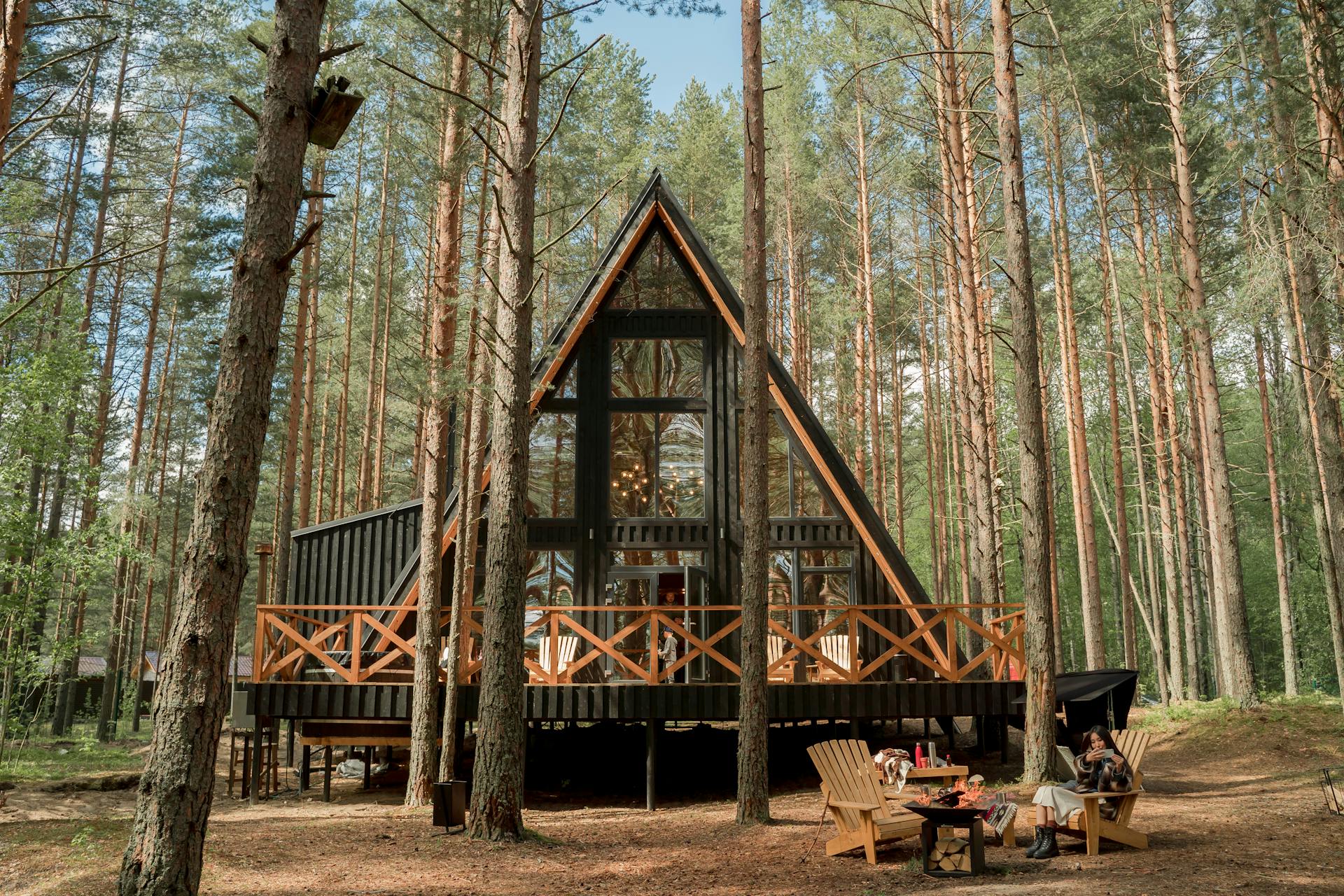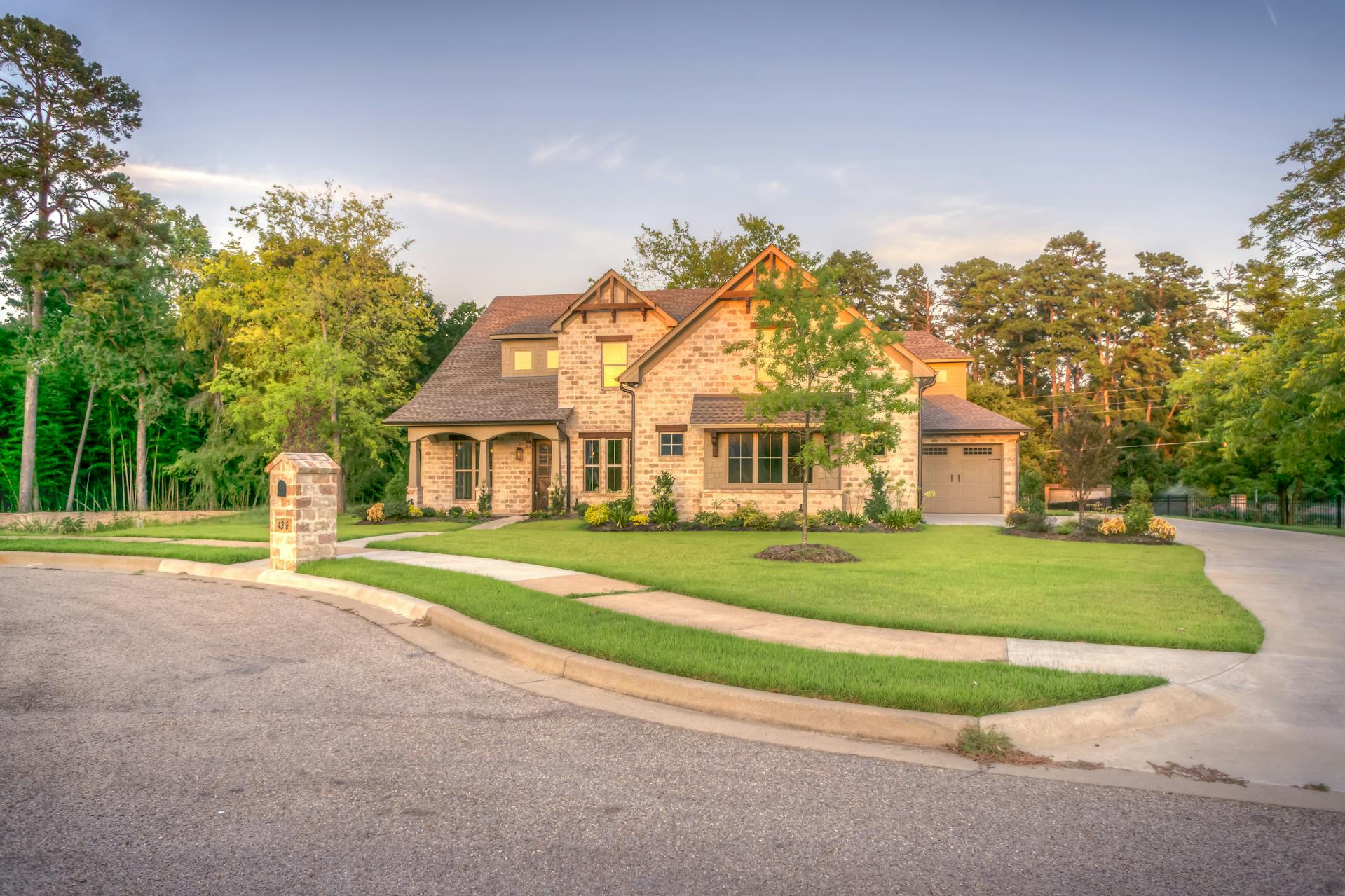How to Sell a House in a Rural Area
Selling a home in a rural area comes with unique challenges and opportunities. While you may not face the same competitive pressures as in urban markets, you need to be strategic to attract the right buyers and secure a good price. Here are some effective strategies to help you navigate the process.
1. Highlight the Lifestyle Benefits
Rural living offers a unique lifestyle that many buyers are actively seeking. Emphasize the benefits of your location:
Peace and Quiet
Stress the tranquility and privacy that rural areas provide, which can be a significant draw for those tired of the hustle and bustle of city life. Mention the absence of noise pollution and the slower pace of life as key selling points.
Natural Beauty
Showcase the scenic views, open spaces, and proximity to nature. If your property includes features like a large garden, nearby hiking trails, or a beautiful landscape, make sure these are highlighted in your listing. Consider providing photos of the property during different seasons to display its year-round charm.
Community Feel
Rural areas often have tight-knit communities. Mention local events, farmers’ markets, and any other community activities that create a sense of belonging. Buyers looking for a strong community connection will appreciate this insight.
2. Professional Photography and Staging
High-quality visuals are crucial for making a great first impression online. Here’s what to focus on:
Professional Photography
Invest in professional photography to capture the best aspects of your property. Aerial shots can be particularly effective for showcasing large plots of land and unique property features. Ensure the photos are well-lit and highlight both interior and exterior spaces.
Staging
Consider staging your home to highlight its potential. Simple, rustic decor can help buyers envision a peaceful country lifestyle. Make sure the exterior is also well-presented, as curb appeal is just as important in rural areas. Keep the yard well-maintained and any outdoor furniture arranged neatly.
3. Leverage Online Marketing
With fewer walk-in buyers, online marketing becomes even more crucial:
Real Estate Websites
List your property on popular real estate websites. Include detailed descriptions, high-quality photos, and videos if possible. Ensure your listing stands out by emphasizing unique features and benefits.
Social Media
Use social media platforms to reach a broader audience. Share your listing on Facebook, Instagram, and local community groups. Engage with potential buyers by responding to comments and inquiries promptly.
Virtual Tours
Offer virtual tours to give potential buyers a thorough view of the property without having to travel. This can be a deciding factor for those living far away. Use high-quality video and consider 360-degree tours to provide an immersive experience.
4. Price Competitively
Pricing your home correctly is essential:
Market Research
Conduct thorough research on recent sales of similar properties in your area. Rural properties can vary significantly in value based on land size, condition of buildings, and proximity to amenities. Look at both recent sales and current listings to gauge the market.
Professional Appraisal
Consider hiring a professional appraiser to get an accurate valuation. This can help you set a realistic price that attracts buyers and reduces time on the market. An appraisal can also provide a solid basis for negotiations.
5. Showcase Unique Features
Rural properties often come with unique features that can be major selling points:
Land and Outbuildings
Highlight any additional buildings such as barns, workshops, or guest houses. Emphasize the potential uses of these spaces, whether for hobbies, storage, or even potential rental income.
Sustainability Features
If your property includes sustainable features like solar panels, a well, or a rainwater collection system, make sure these are prominently mentioned. Buyers interested in green living will see these as valuable assets.
Recreational Opportunities
Mention any opportunities for outdoor activities like fishing, hunting, or farming that the property might offer. Highlighting these features can attract buyers looking for a lifestyle change or recreational property.
6. Work with a Local Real Estate Agent
A local real estate agent who understands the rural market can be invaluable:
Local Expertise
They can provide insights into what buyers in the area are looking for and help you market your property effectively. Their knowledge of the local market trends and buyer preferences can give you a competitive edge.
Network
They often have a network of potential buyers or connections with other agents who might have interested clients. This network can be crucial for reaching the right audience.
Negotiation Skills
Their experience in handling rural property transactions can help you get the best possible deal. They can assist in navigating any unique challenges that may arise during the selling process.
7. Prepare for Inspections and Appraisals
Rural properties might require additional inspections:
Septic System
Ensure that your septic system is in good condition, as this will be a significant concern for buyers. Have it inspected and serviced if necessary, and provide documentation to prospective buyers.
Water Source
If you have a well, have the water tested and provide a report to potential buyers. Clean, safe water is a top priority for buyers, and having this information readily available can be reassuring.
Land Use
Be clear about any zoning restrictions or land use regulations that could affect how the property can be used. Providing this information upfront can prevent misunderstandings and delays later in the process.
Selling a home in a rural area requires a blend of traditional and modern marketing strategies. By emphasizing the unique lifestyle benefits, leveraging online tools, and working with local experts, you can attract the right buyers and achieve a successful sale.
With careful planning and the right approach, your rural property can stand out in the market and appeal to those seeking a serene and idyllic lifestyle.




